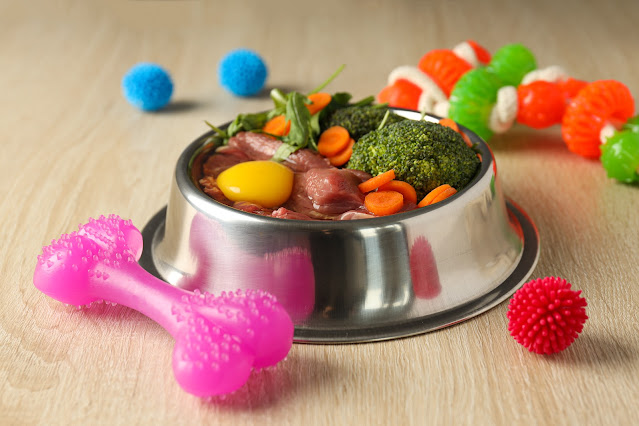Introduction
Regular Paw Inspections
Start by getting into
the habit of inspecting your pet's paws regularly. Check for any signs of cuts,
abrasions, or foreign objects stuck between the paw pads. Keeping the paws
clean and injury-free is the first step towards preventing unpleasant odors.
Routine Paw Cleaning
Paw Soaks
Occasional paw soaks
can do wonders for your pet's feet. Fill a basin with lukewarm water and add a
pet-safe paw soak solution or even a tablespoon of baking soda. Allow your
pet's paws to soak for a few minutes, helping to soften any dried mud or debris
and eliminate odors.
Proper Nail Maintenance
Trimming your pet's
nails is not only essential for their overall health but also helps prevent
odors. Long nails can alter the way your pet walks, leading to uneven pressure
on their paws and potential discomfort. Regular nail trims will keep their gait
natural and reduce the chances of odorous paws.
Moisturize Paw Pads
Your pet's paw pads
can become dry and cracked. Consider using a pet-safe moisturizer to keep their
paw pads supple and healthy. Look for products specifically designed for pets,
avoiding anything with harsh chemicals that could ruin their sensitive paw
skin.
Footwear for Walks
If you live in an area
with extreme weather conditions, consider protecting your pet's paws with
booties. These not only shield their feet from hot pavement or cold snow but
also help in preventing the accumulation of dirt and debris.
Maintain a Clean Living Environment
Regularly clean the
areas where your pet spends most of their time, such as their bedding and
favorite lounging spots. This simple step can significantly reduce the probability
of odors clinging to their paws.
Diet Matters
Believe it or not,
your pet's diet can impact the scent of their paws. High-quality pet food can
contribute to healthier skin and paws. Consult with your veterinarian to ensure
your furry friend is getting the right nutrients for optimal paw health.
Hydration is Key
Encourage your pet to
stay hydrated. A well-hydrated pet is less likely to suffer from dry, cracked
paw pads. Ensure they always have access to fresh water.
Consult Your Veterinarian
If you notice
persistent odors, redness, swelling, or any other concerning signs, you will have
to consult your veterinarian. These could be indicators of underlying issues that
require professional attention.
Conclusion
Fresh-smelling paws
for your beloved pet is not just about appearances; it's an important aspect of
their overall well-being. By incorporating these simple tips into your routine,
you can ensure that your friend's paws stay healthy, happy, and ready for all
the adventures you'll share together.











